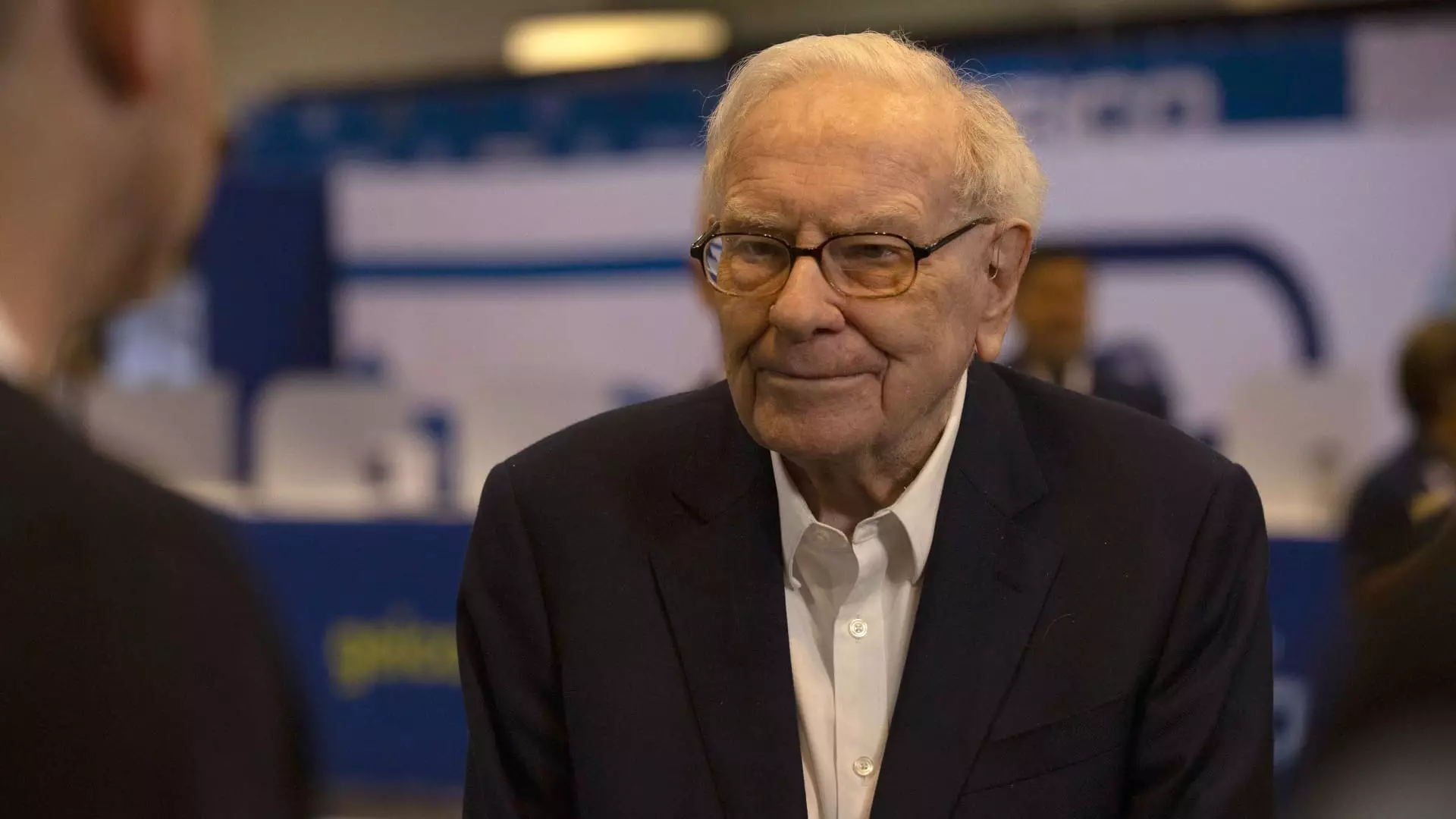In a notable shift in investment strategy, Warren Buffett’s Berkshire Hathaway has sold a significant portion of its shares in Bank of America, reducing its stake to just below the crucial 10% mark. This decision, documented in a filing with the U.S. Securities and Exchange Commission (SEC), involves the sale of over 9.5 million shares over a series of transactions completed in a short span from Tuesday to Thursday. The reduction positions Berkshire’s holdings at approximately 775 million shares, equating to about 9.987%. Crossing below the 10% threshold allows Berkshire Hathaway to avoid the stringent reporting requirements mandated for larger shareholders, thus offering a layer of strategic discretion.
Following this significant divestiture, the immediate question on investors’ minds concerns the implications for Bank of America itself. Despite the selling spree, Bank of America shares have demonstrated a modest resilience, inching up approximately 1% in the past month. The leadership at Bank of America, particularly CEO Brian Moynihan, attributes this stability to the market’s ability to absorb the selling pressure, compounded by the bank’s share repurchase initiatives. This scenario highlights the dissonance often seen between an influential shareholder’s activity and the underlying stock performance.
Buffett’s relationship with Bank of America has been storied and pivotal, particularly following his bold investment of $5 billion in preferred stock and warrants in 2011 during the tumultuous aftermath of the subprime mortgage crisis. This move was not merely a financial transaction; it was a strategic gesture aimed at restoring confidence in a beleaguered institution. By converting the warrants into common stock in 2017, Buffett secured his position as the largest shareholder, further amplifying his stake through additional purchases in subsequent years.
However, the recent sales encapsulate a broader trend in Buffett’s investment behavior. Over the last few years, he has divested from several long-standing banking positions, including JPMorgan, Goldman Sachs, and Wells Fargo. Such moves are not just indicative of personal preference but seem to align with a more cautious outlook on the banking sector, particularly in light of recent industry turmoil.
Buffett’s reluctance toward banking investments appears rooted in a deeper analytical perspective on the industry’s stability. During discussions surrounding the 2023 banking crisis, Buffett highlighted concerns about the long-term confidence in banking systems, referencing the impact of past crises in 2008 and 2023. His observations suggest that these events have recalibrated public trust and fundamentally altered depositors’ behavior. With the rise of digital banking and fintech, he argues that bank runs have become alarmingly easy, raising further questions about the viability of traditional banking institutions.
Warren Buffett’s recent reduction of stake in Bank of America is a multifaceted decision that reflects his evolving outlook on the banking sector. This move not only raises questions about Bank of America’s future but also exemplifies Buffett’s broader investment philosophy, which remains anchored in caution and calculated analysis amid shifting market dynamics. Investors and industry watchers alike will be scrutinizing Buffett’s next moves, particularly as the next SEC filings approach.


Leave a Reply